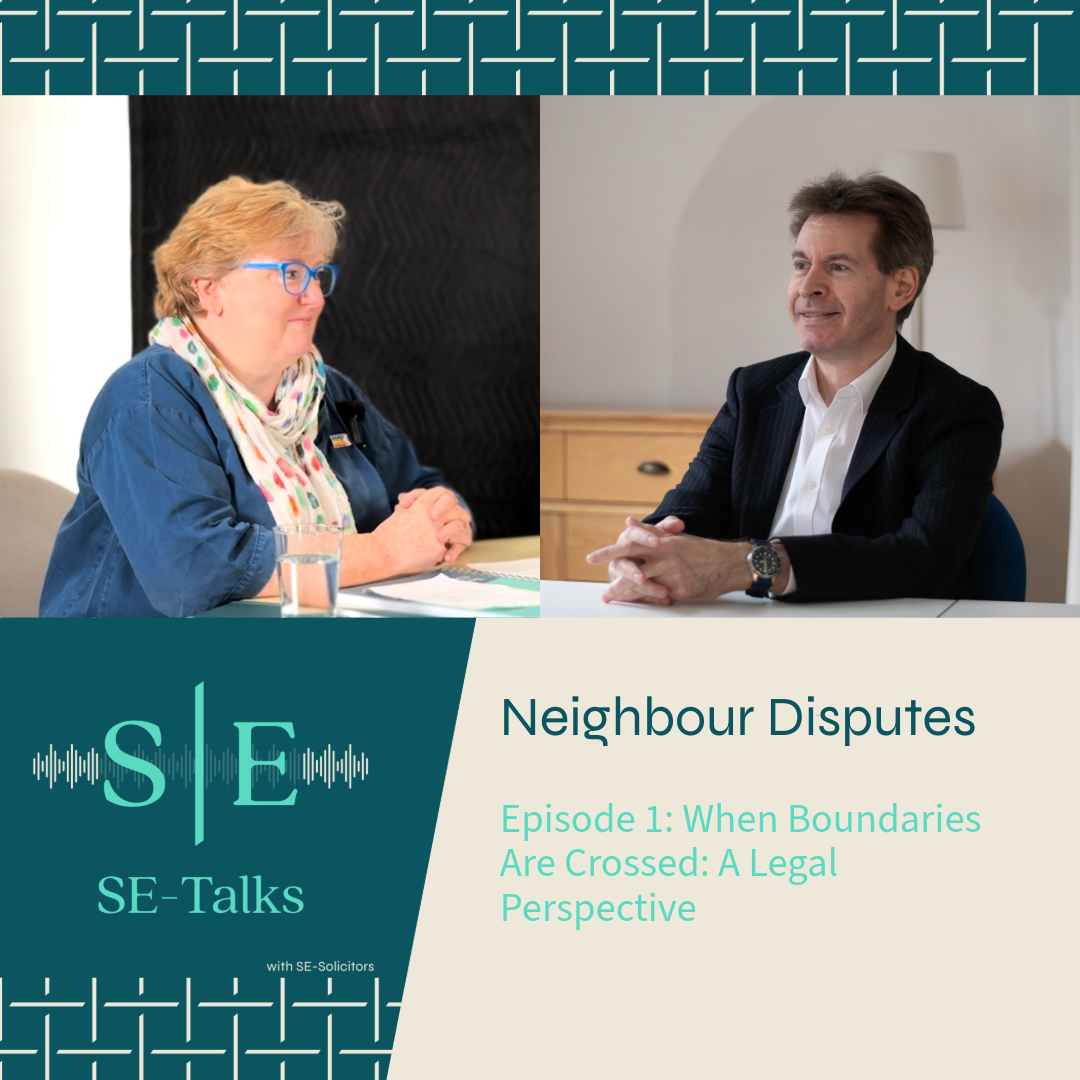
At Spratt Endicott we are supporting Good Divorce Week (28 November – 2 December), an annual awareness campaign run by Resolution, an organisation that represents over 6500 family professionals, which helps people find a better way to divorce.
Divorces are on the increase again with the most recent statistics showing 113,000 divorces in 2021 – up nearly 10% on the previous year – and the impact on wait times is stark. On average it now takes 52 weeks to conclude divorce proceedings.
In addition, official figures show that while private children cases were down by 7% during the last year, they are taking on average six weeks longer to reach a conclusion. And estimates suggest it takes nearly two years to resolve financial matters.
That leaves many families in limbo for over a year. That has a knock-on effect on children’s schooling and family finances.
Juliet Harvey, national chair of Resolution, said:
“Under resourcing the family courts system is a false economy inflicting unnecessary pressure on the public purse and unconscionable stress on families at an already stressful time in their lives. A study of the impact of funding legal advice in Scotland found that, every £1 spent by government on legal aid in family cases saw a return of around £5 elsewhere.
“If the government were to focus more on encouraging early advice for separating couples and including information about all out of court options it could ease the pressure on family courts. Resolution members are doing their best to help families achieve better outcomes and find long-lasting resolutions.”
So how do you have a good divorce?
As a collaboratively trained family solicitor, mediator and divorce coach and having been through my own divorce, I thought I would share my thoughts on how a good divorce might be possible. Of course, what constitutes a ‘good’ divorce will be for the couple in question to decide.
In my view, allowing a couple to make decisions about their future after separation or divorce and what is best for them and their family has got to be key. When couples use mediation they are in control of deciding what they want to discuss and how best to resolve any issues, with their particular family circumstances at the heart of any decisions.
If both parties would prefer to have the support of their lawyers involved in these discussions and reaching these decisions, then the collaborative process would be an excellent alternative to mediation. When entering into the collaborative process both parties make a formal promise to keep their matter out of court. Working collaboratively puts the couple in control of discussing and deciding on the issues important to their individual circumstances and their own unique family dynamics with the support of their lawyers as well as a team of other professionals who can dip into the collaborative process as appropriate to the needs of the couple and family in question.
Using out of court dispute resolution such as mediation and the collaborative process, couples can formulate their own solutions to create a future for themselves and their children based upon the things that are most important to them. Resolving issues constructively during mediation or the collaborative process paves the way for a positive future, where parents are able to communicate and co-parent their children. To me, this is a good divorce.



/Passle/60d59e96e5416a116451a194/MediaLibrary/Images/2025-06-13-09-52-26-789-684bf4daa26dc7fd58b31b69.jpg)
/Passle/60d59e96e5416a116451a194/MediaLibrary/Images/2025-07-14-13-08-18-109-68750142cd1d8850186e7bf9.png)